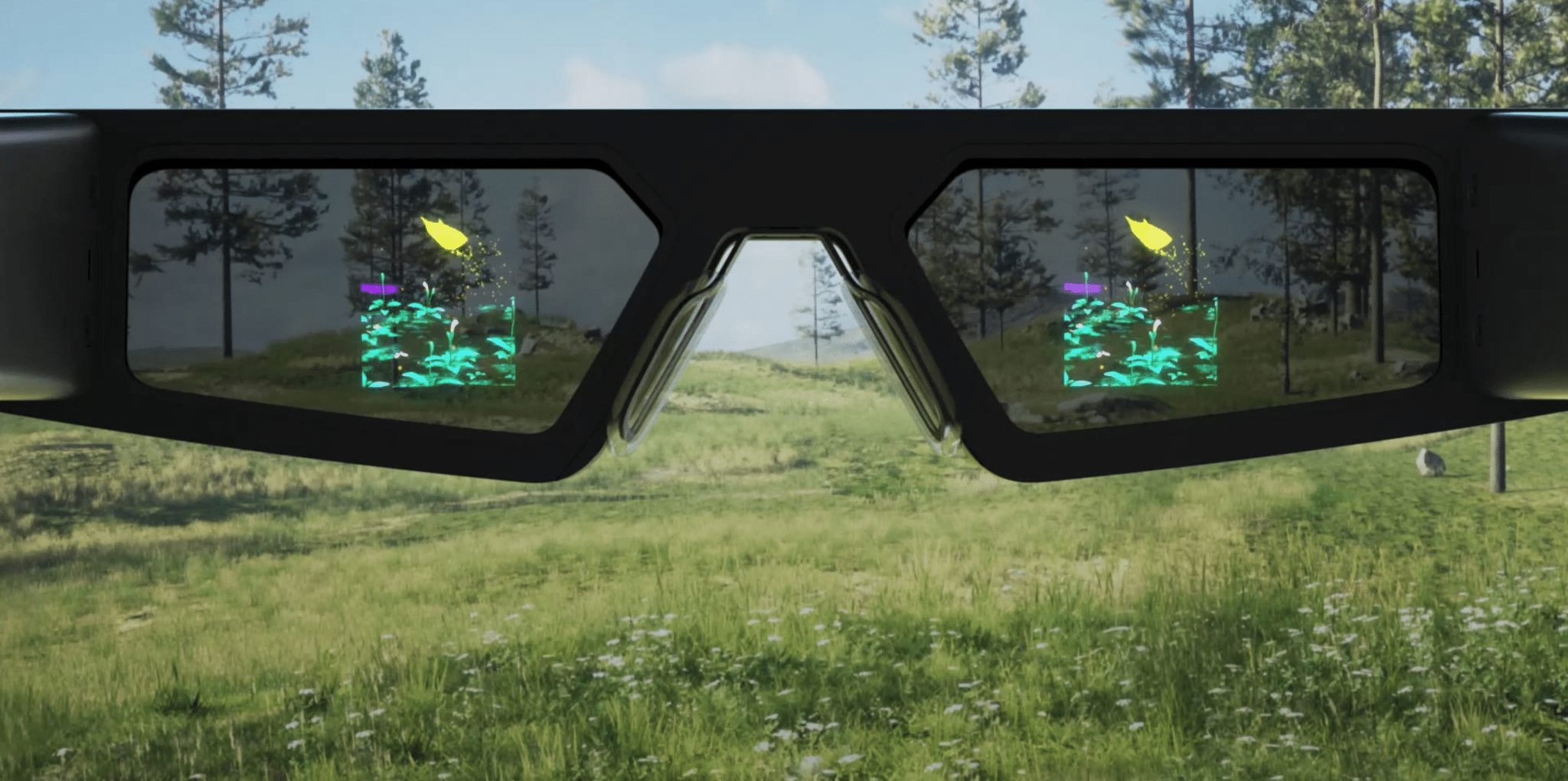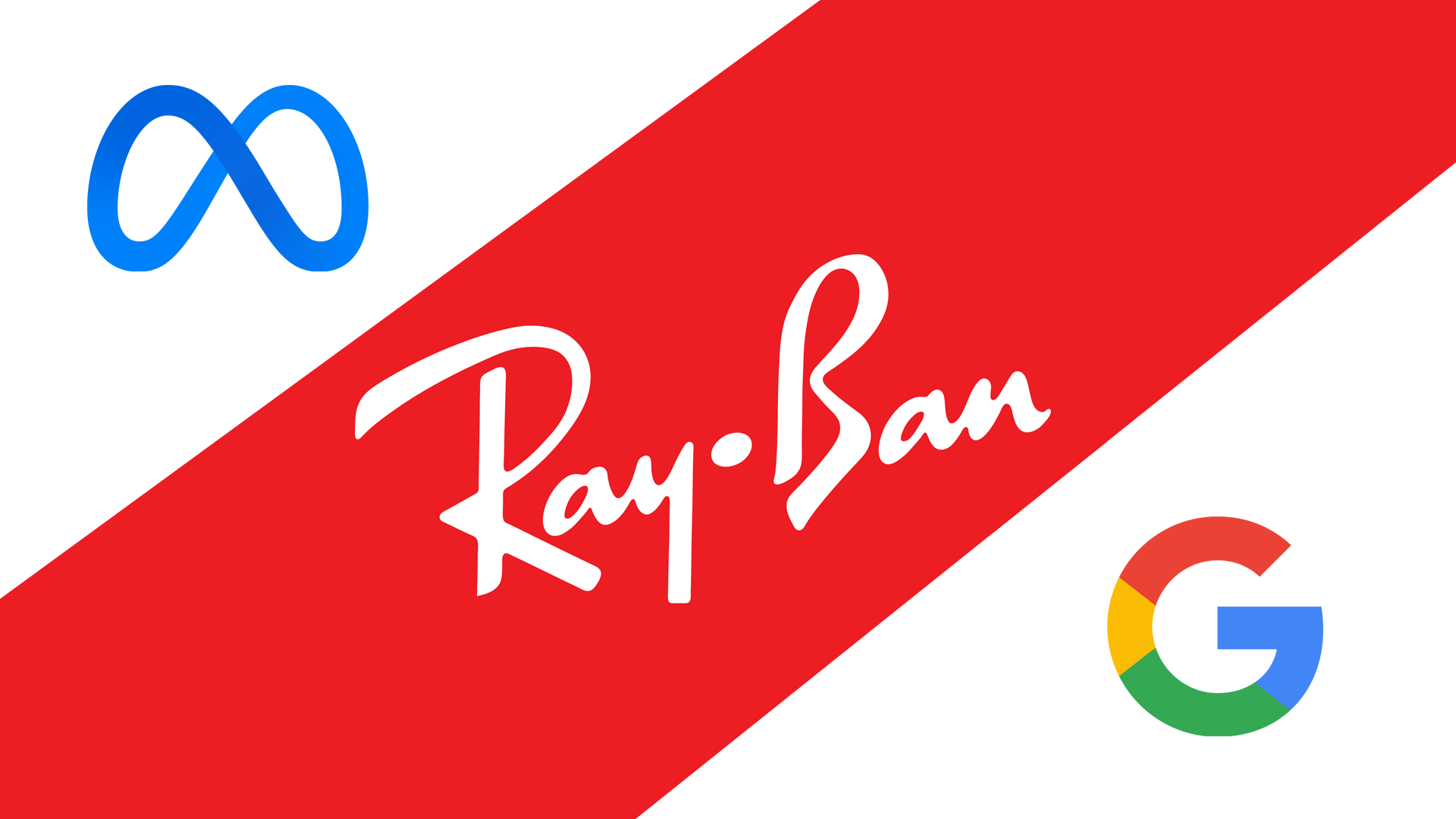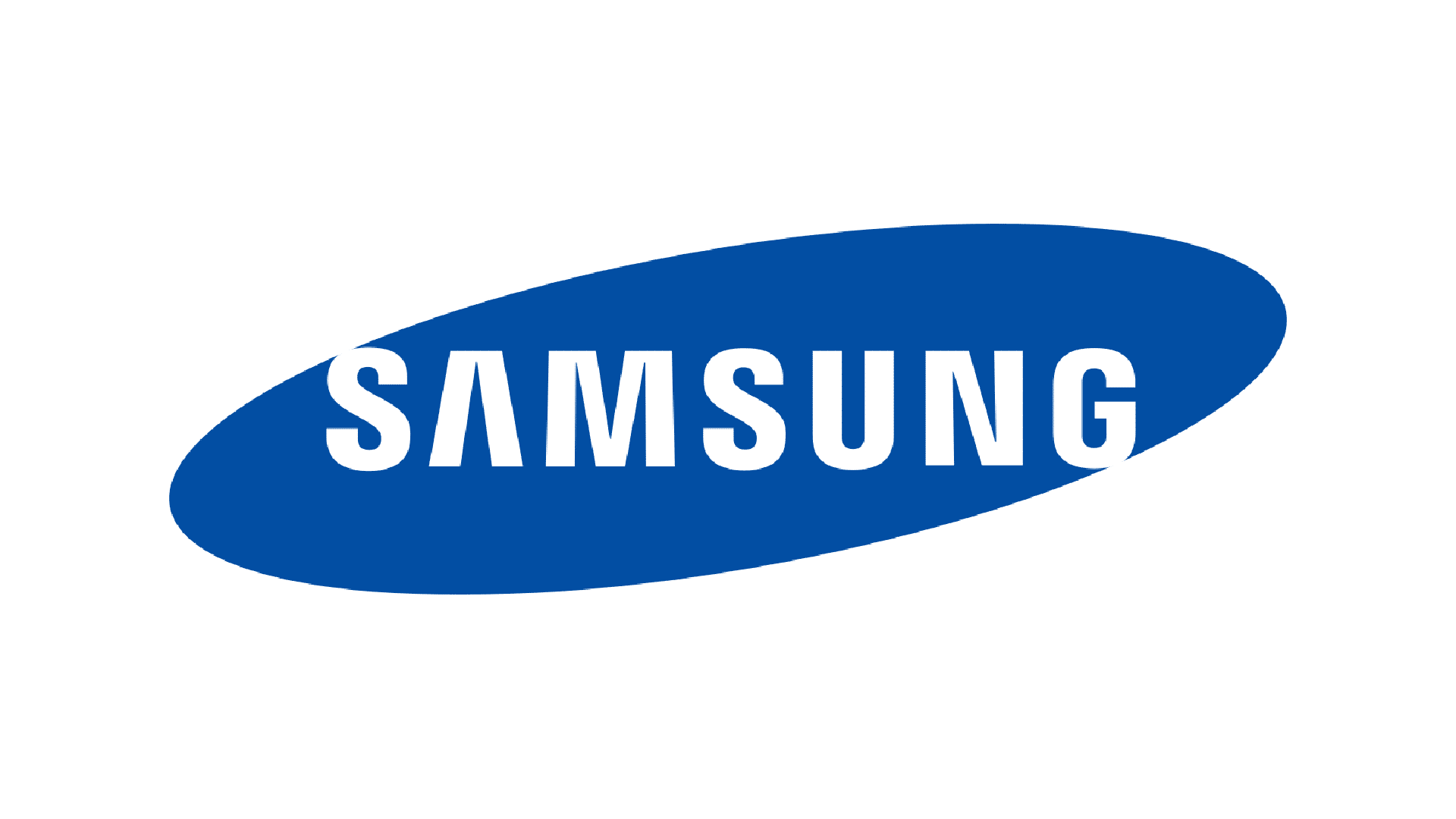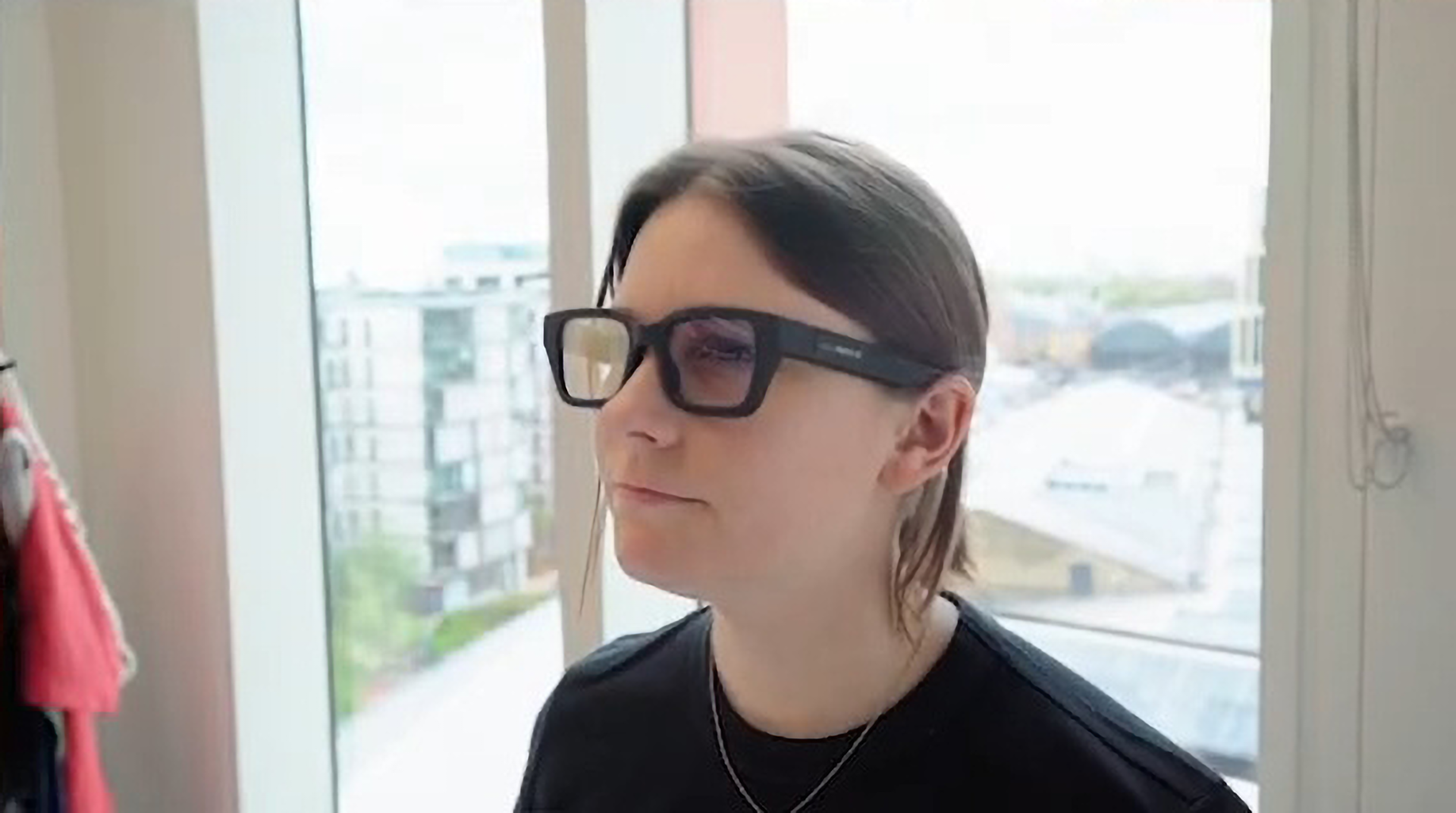The company behind Snapchat will launch an upgraded AR glasses developer kit next month, The Verge’s Alex Heath reports.
Heath has reliably reported the moves of companies like Snap and Meta many times in the past. In the latest edition of his newsletter, he says “sources” tell him Snap will unveil its fifth generation Spectacles on September 17.
The first three generations of Spectacles were sold as consumer devices but lacked any kind of display or speakers. They functioned solely as camera glasses, similar to today’s Ray-Ban Meta glasses but without the audio out and AI assistant capabilities.
Fourth generation Spectacles were released in 2021, but only to select developers, not as a product. These AR spectacles are a standalone device in true sunglasses form factor, featuring a Qualcomm Snapdragon XR1 chipset and two cameras. But the field of view is absolutely tiny, just 26 degrees, and the active battery life is only 30 minutes.
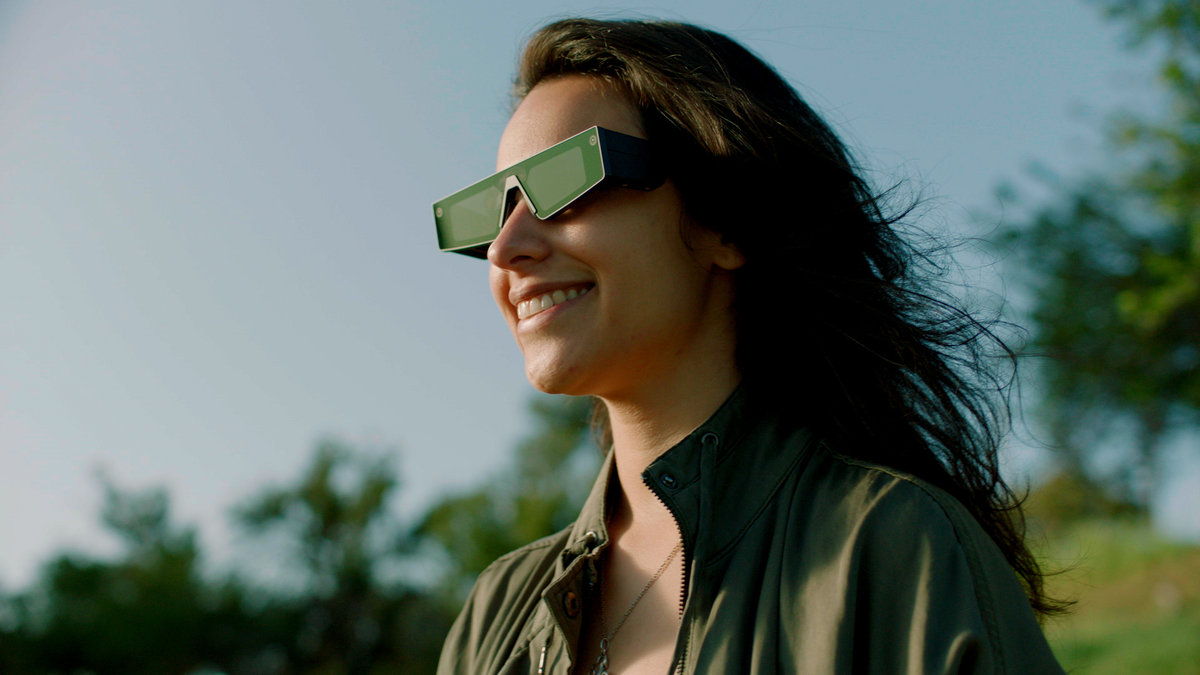
That Snap was working on upgraded AR Spectacles was first revealed in 2022 in a memo leaked to Heath and then confirmed by the company. In his new report, Heath says the new glasses will feature a wider field of view and improved battery life, the two lowest hanging fruit.
Heath reports the new Spectacles cost “thousands of dollars to build”, and that Snap only plans to build around 10,000 of them, which it will seed to select developers.
A few years ago Snap showed off a compilation of what developers are building with the existing AR spectacles, a video which may provide insight into what use cases the company will focus on with an eventual consumer product.
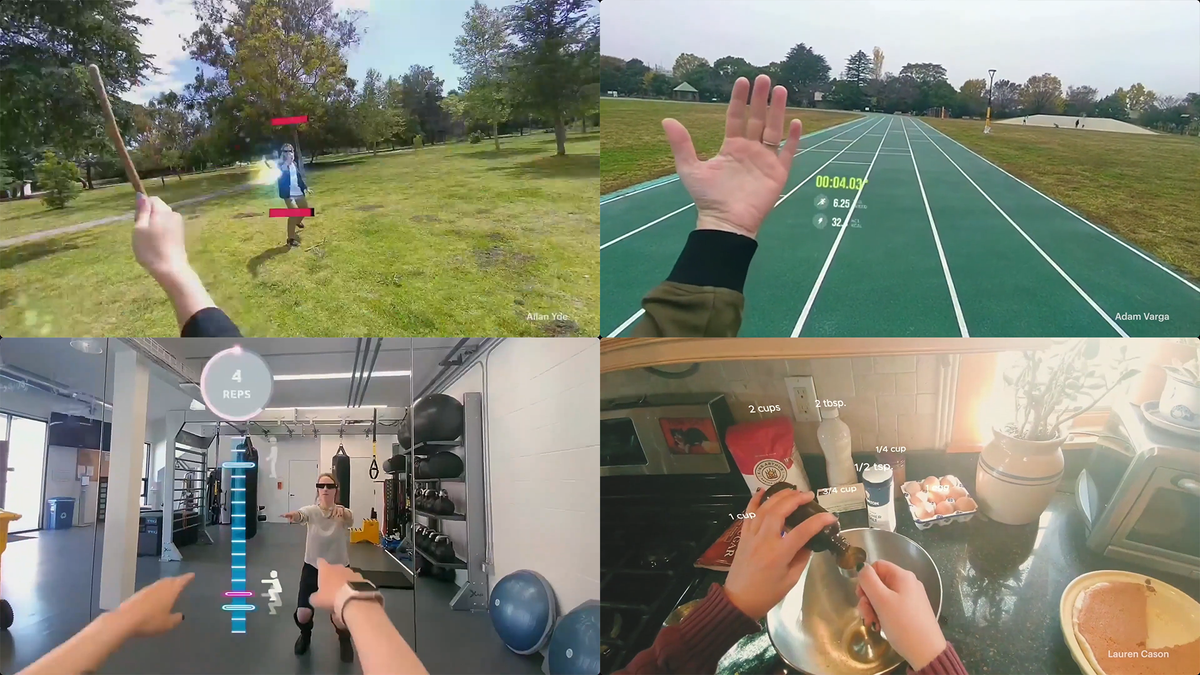
Meta To Follow Soon
Snap soon won’t be the only big tech company seeding AR glasses to select developers, though. For years now Heath has also been reporting on Meta’s plans for “north star” AR glasses codenamed Orion.
Meta has been working on AR glasses for at least eight years now, spending tens of billions of dollars on the project that Mark Zuckerberg hopes will one day deliver him an “iPhone moment”.
Heath has reported that while Meta had originally once hoped to release Orion as its first AR glasses product, the device’s high cost and difficulty of manufacturing mean it will instead be used as a demonstration of the future and an early exploration platform for a select few developers.
In fact, The Information’s Wayne Ma reported that Meta only plans to build 1000 Orion glasses in total, ten times less than Snap plans for its new Spectacles.
Meta CTO Andrew Bosworth appeared to confirm Heath and Ma’s reporting in an interview with Heath in December. Bosworth said the glasses “might be the most advanced [consumer electronics device] that we’ve ever produced as a species”, so much so that they “were built on a prohibitively expensive technology path” not suitable for an actual product.
Heath now reports Mark Zuckerberg will unveil Orion at Meta Connect 2024, set for September 25.
The heavily limited release plans from both companies reflect the wider difficulties across the industry in the struggle to try to bring compelling transparent AR glasses out of the realm of science fiction and into real products, a task that is seeming akin to trying to invent an iPhone in the 90s. Apple reportedly postponed its full AR glasses “indefinitely” last year, and Google reportedly killed its internal glasses project in favor of making the software for third parties instead.
For the foreseeable future, the prevailing way to achieve AR will be through passthrough cameras on VR-style headsets. This capability is present in the over one million Meta Quest 3 and hundreds of thousands of Apple Vision Pro headsets in consumer hands right now, and it could arrive to millions more via the cheaper Quest 3S in coming months.


